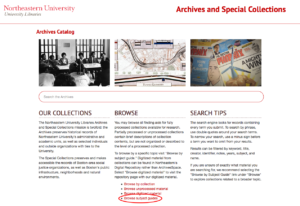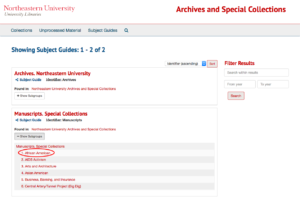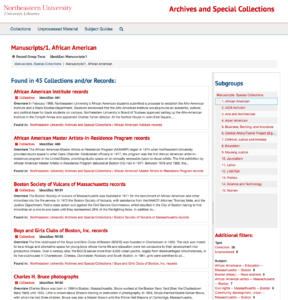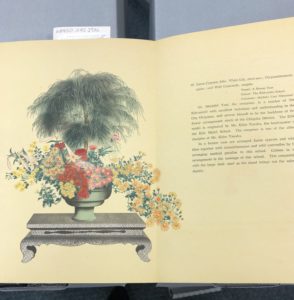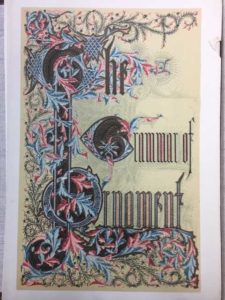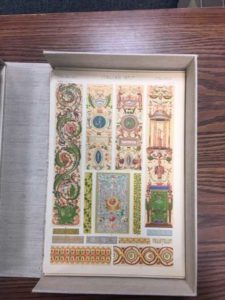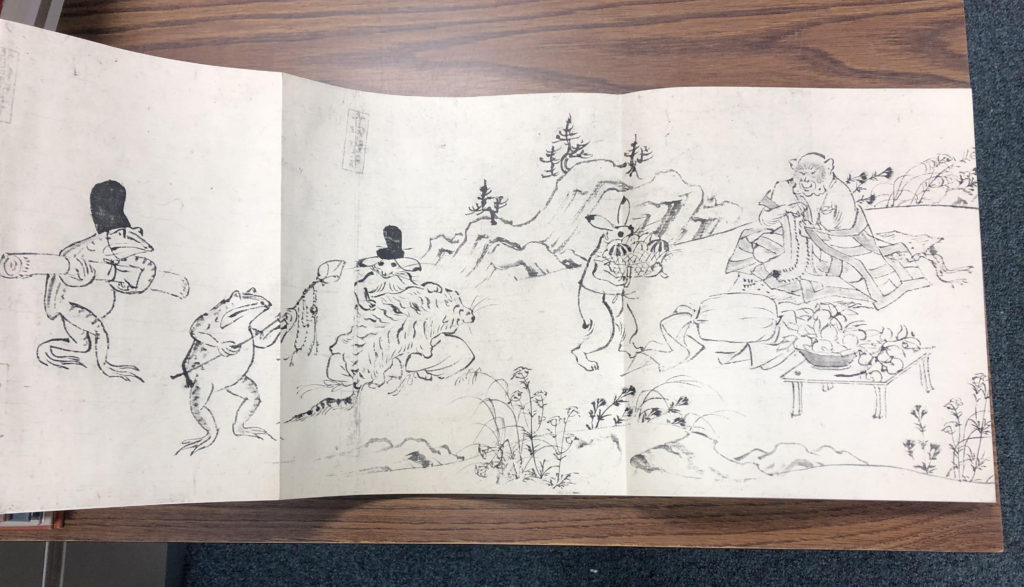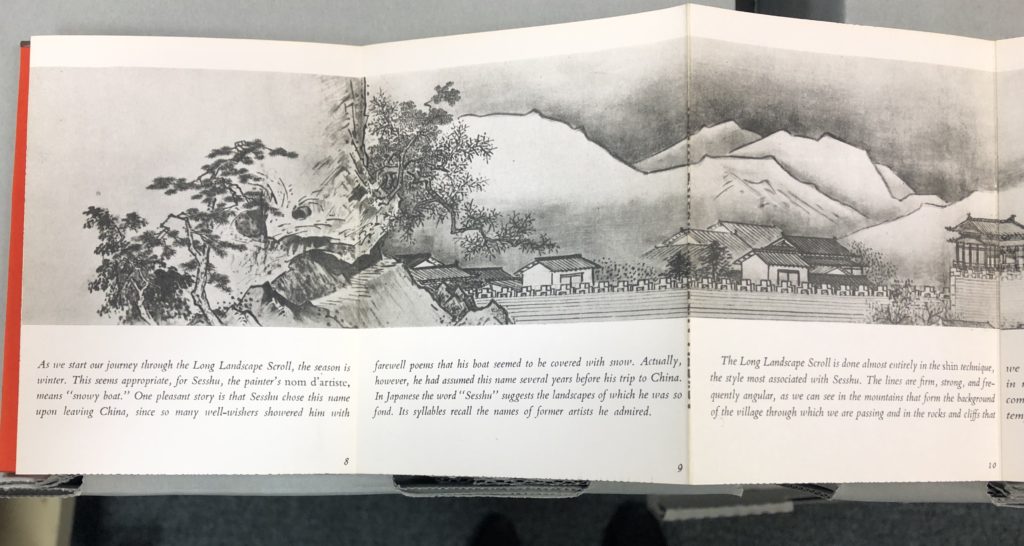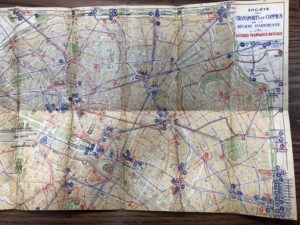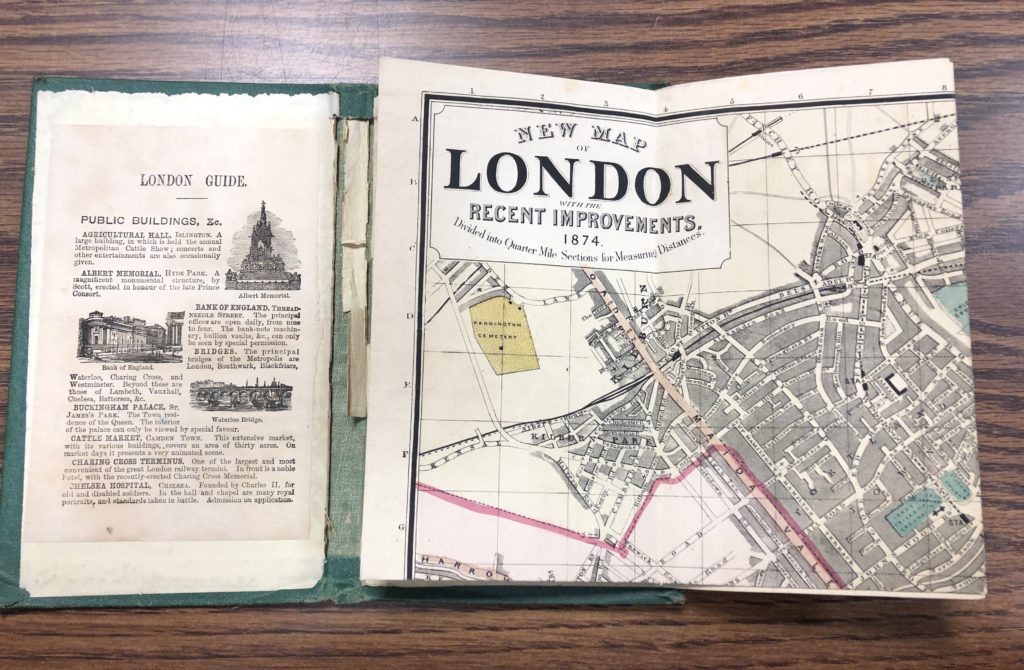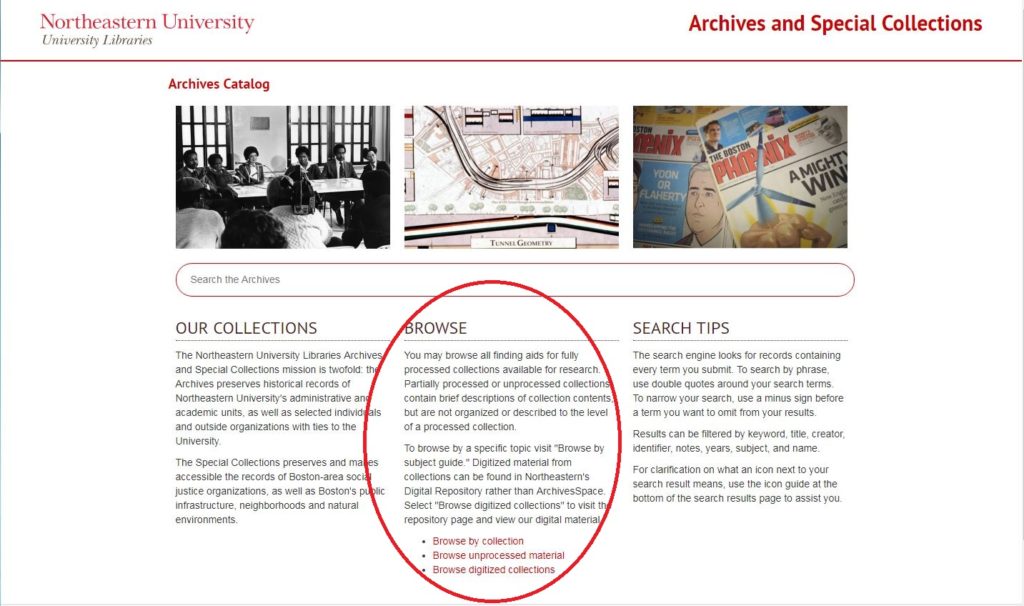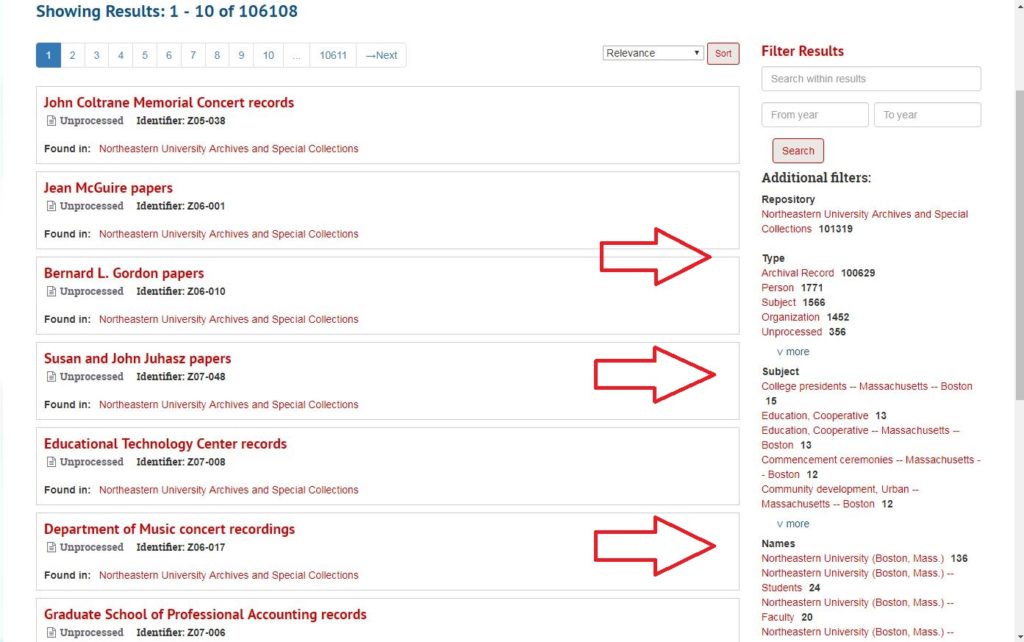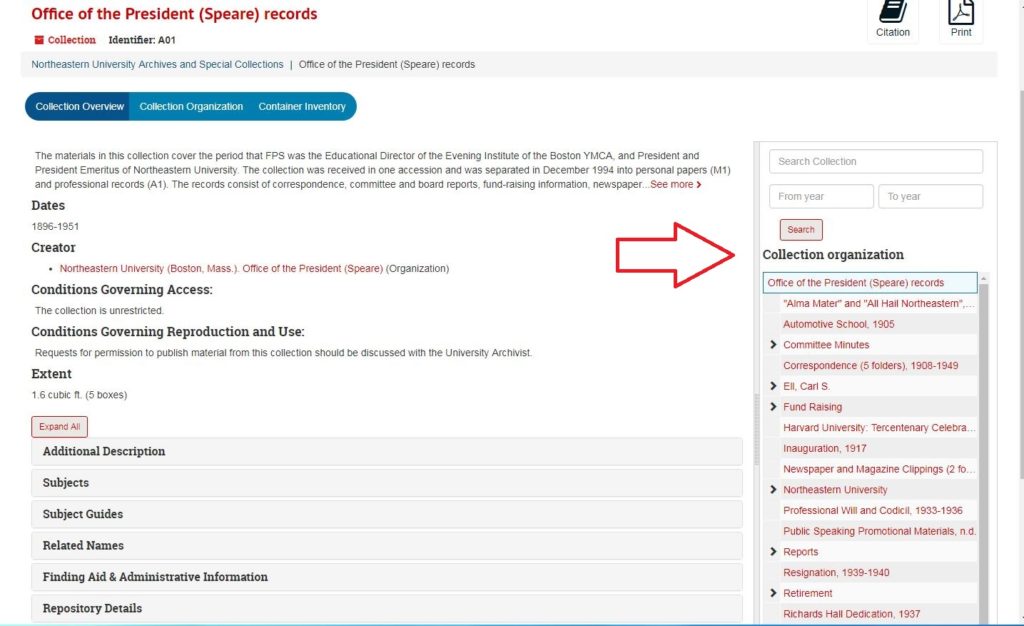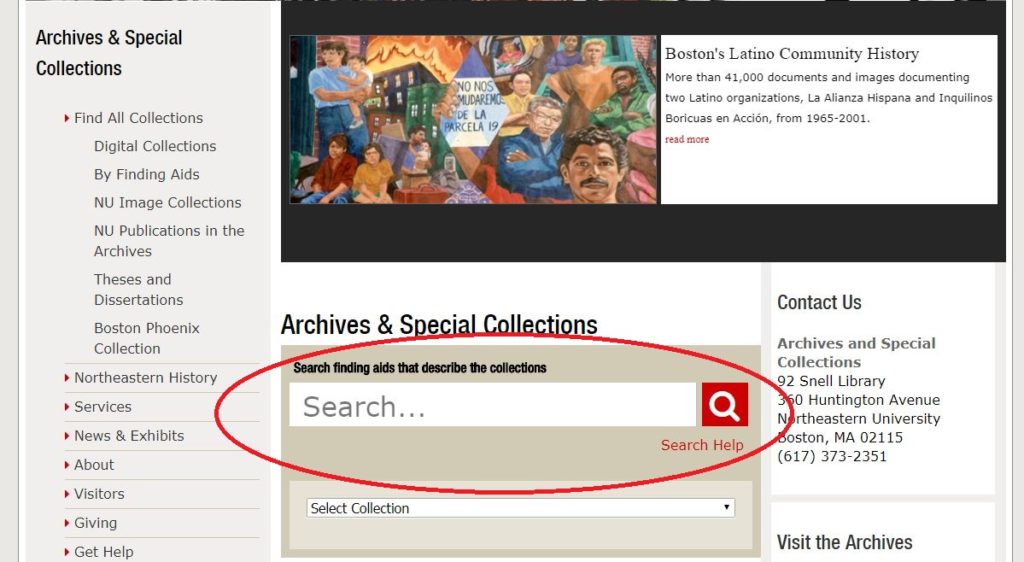Honoring East Boston Activist Mary Ellen Welch
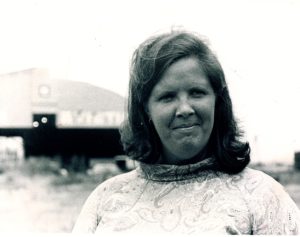
Photo by Gilbert E. Friedberg, Boston Globe
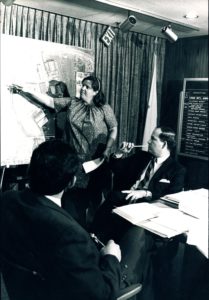
Photo by Charles Dixon, Boston Globe
“Mary Ellen’s brand of advocacy was tough and determined but she could open her arms wide and embrace the joy in every moment that she was making a difference. She was a happy warrior in the fight for housing and mobility equity and social justice. In an interview, she summarized her approach to advocacy this way: ‘People who are activists don’t give up. Usually their activism involves something that’s deeply inbred and people are committed to principles of justice that they want to achieve. The joy of creating a better neighborhood is very satisfying. There is a joy in making where you live a happy place, a sustainable place for others.’”You can find further records of Welch’s determined activism in the East Boston Community News, held at Northeastern’s Archives and digitized and available in Northeastern’s Digital Repository Service. The name “Mary Ellen Welch” shows up in nearly every issue, evidencing her wide array of organizing for social justice and her vital role in East Boston. Mary Ellen Welch’s papers are housed in the Northeastern University Library’s Archives and Special Collections. You can view the finding aid here. Come visit her collection to continue to activate the gift of her records for future generations.
